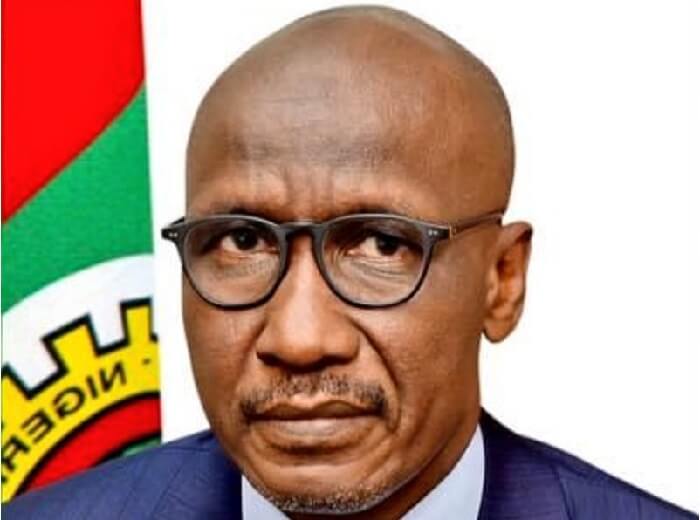The Group Managing Director, Nigerian National Petroleum Corporation (NNPC), Mele Kyari, has said that the benefits of oil subsidy removal, far outweighs immediate pains that it currently presents.
The GMD said this while discussing the impact of subsidy removal on the economy during Channels TV Politics Today Programme.
Advertisement
He stated that the impact would spread across all aspects of the economy through provision of infrastructure, creation of jobs and other basic need of the common Nigerian.
Subsidy payment had continued to increase over the years, hitting N1.149trn in 2019 which was the year when only a mere $1bn (N387bn) was provided in the budget.
This development had resulted into a massive deficit budget which the government had to patch through borrowing.
It is the burden of this massive budget deficit that the government is beginning to shed with the withdrawal of subsidy payments which had inevitably led to the increase in pump price of petrol.
Advertisement
With landing cost of petrol currently at N207.98, government would have to pay N62.98 as subsidy per litre of petrol and the NNPC has to defray an estimated N3.149bn per day under what is tagged “under-recovery.”
Experts agree that this cannot be sustainable in a country such as Nigeria where the subsidy fund could do a lot to develop critical infrastructure to grow the economy
Speaking further on the development, the NNPC GMD said, “The collateral benefits that this will bring includes creation of more jobs, employment, infrastructure, hospital, school to ensure that the long term benefit outweighs the immediate pains.
“There is over N2.7trn investment that the government is creating in the Economic Sustainability Plan, as it seek to inject resources into agriculture, manufacturing, small scale industry to create jobs and employment and boost economic activities.
“There will be no productivity except there is growth in infrastructure development, and industries are able to work, there is a connection between productions and consumption. What subsidy does is to remove that connection.”
Advertisement
Kyari explained that the Nigerian government had in the last nine years spent over N10trn to service subsidy, a situation that had impeded its ability to provide infrastructure for the benefit of the citizens.
He said that with the collapse in the price of crude oil, couple with the significant decline in government resources and revenue, there was no possibility that the government can continue to bear the burden of subsidy.
“The ordinary man does not benefit from subsidy, they lose in infrastructure, hospitals are not built, schools are not built and ultimately the brunt of curruption in the downstream sector is transferred to the ordinary man and he gain nothing,” he added.
According to him, petroleum subsidy has been a big issue in Nigeria for over 30 years and every corruption in the downstream sector of the industry is connected to fuel subsidy.
He added, “Several license has been approved for people to build refineries but it has not pull through because we are not sure of the price, as the market price has always been subsidised by the government.
“Hence the burden has been left to the NNPC and the government. What that means is that government has to provide for the gap that exist.
Advertisement
“People are angry because they do not understand what this is all about. Nigerians are not aware of the opportunity lost during subsidy.
“We will begin to see colossal increase in activities in the downstream sector of the industry because it will henceforth be driven by the private sector and people will be able to build refineries.
“When we produce locally, we are able to have lower prices for the product, hence it will lead to businesses coming back, and provisions of needed infrastructure.”
Speaking further, the GMD noted that there are ongoing engagements with the Central Bank of Nigeria to create a window where oil marketing companies will have access to foreign exchange at same rate as the NNPC.
“There is an ongoing process to ensure that oil marketing companies have access to foreign exchange at the same rate that NNPC will exchange the value of crude oil.
“That will take out all distortion in the market and ensure that everyone deliver petroleum to the market at the same exchange rate,” he noted.



